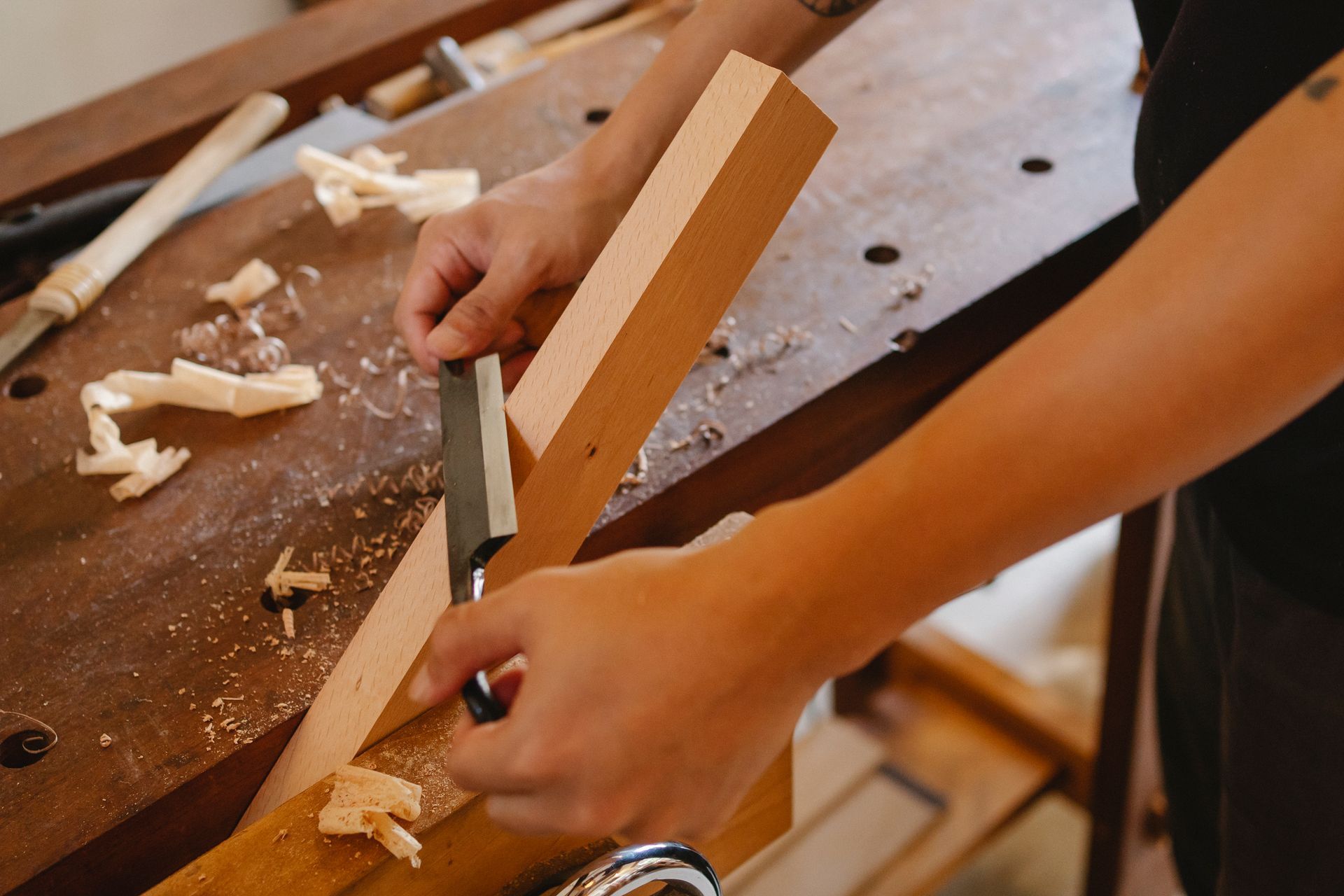Why Does Day Drinking Hit You So Hard?
Day Drinking: An Unofficial Guide to Sipping Under the Sun
Listen up, cocktail enthusiasts! You know the deal: sun-soaked afternoons call for frosty Margaritas poolside, or ice-cold beers at a Memorial Day barbecue.
But let's spill the tea - or should I say, brew? Why does that sunlit buzz hit different from those nighttime tipples? And how can you dodge the evening hangover that creeps up like a sneaky cat?
Open-Ended? More Like Bottomless
Marty Martinez, a psychiatrist over at the Cleveland Clinic specializing in alcoholism, spilled some juicy facts. Apparently, when you're sipping in the sunlight, you might lose track of how many rounds you've downed. Unlike the subtle wind-down after an evening meal that screams 'last call,' the novelty of afternoon indulgences can make it all too easy to lose count.
No Snacks? Get Ready for a Quick Buzz
And here's a kicker - if you're guzzling down those drinks, but skimping on the snacks, there's less in your stomach to slow down the rate at which your body absorbs the alcohol. And that, my friends, translates to you getting more intoxicated, and doing so faster.
Heat Wave + Happy Hour = Dehydration City
Another tidbit from Sarah Summers, an assistant professor of psychiatry at Johns Hopkins Medicine. Basking under the sun while sipping your bevvy? Welcome to dehydration city, folks. Hotter days mean more sweating, which can intensify the effects of your drink, leaving you feeling lightheaded, fatigued, or just generally off-kilter. And alcohol, being the cheeky diuretic it is, helps push those fluids out faster, making you pee more.
Early Bird Gets the Hangover?
Start the party early, and you might just welcome that dry-mouthed, headachy hangover feeling earlier too. A brunch-time Bellini might just turn into a dinner-time disaster, warns Danesh Alam, an addiction psychiatrist at Northwestern Medicine. To avoid this, chug at least one glass of water per alcoholic drink, avoid sugary cocktails, make sure you're munching enough, and limit the amount of alcohol overall - no matter when you start.
"Hang-xiety" Hitting Hard
Dehydration can ramp up the physiological effects of a hangover - shaky hands, nausea, dizziness, you name it. Sometimes, these physical signs can trigger actual anxiety, lovingly known as "hang-xiety." Especially after day drinking, when you're likely to be more dehydrated, this anxiety could be extra punchy, explains Thea Gallagher, a clinical psychologist at N.Y.U. Langone Health.
Is it time for Gay Alcoholics Anonymous?
Day Drinking: Sleep Thief?
Wine before bedtime can throw a wrench in your sleep schedule, thanks to its pesky habit of messing with your REM sleep and sending you trudging to the bathroom. Daytime drinking can cause similar havoc, warns Dr. Alam. The unwelcome options include: succumbing to a daytime nap that makes it harder to sleep at night, or staying awake through the day and suffering the typical nighttime disruptions.
But there's hope! Give yourself a buffer period of three to four hours between your last drink and bedtime, chug some water, grab a bite, and your body might just get a chance to metabolize the alcohol before bedtime. Now that's what we call a win!
Resources:










